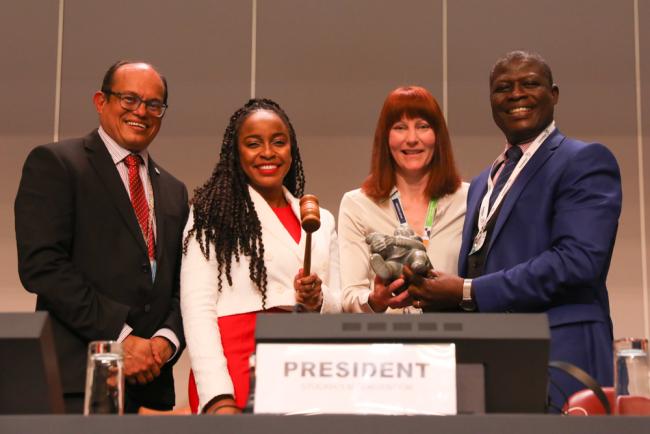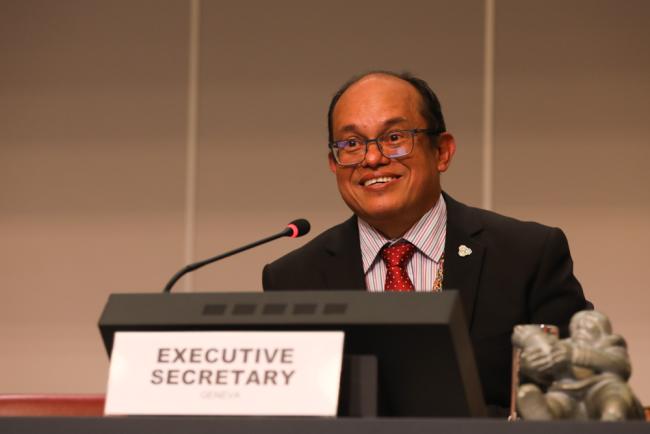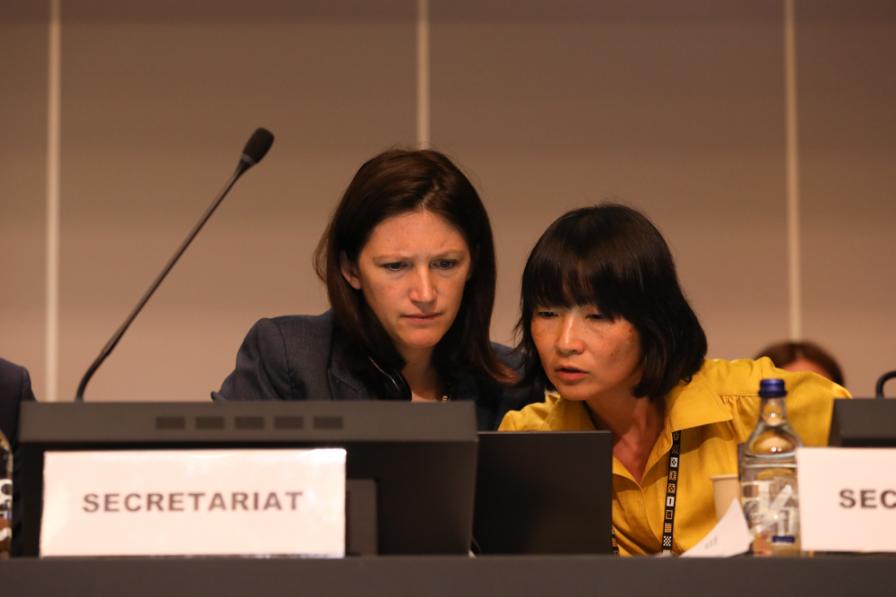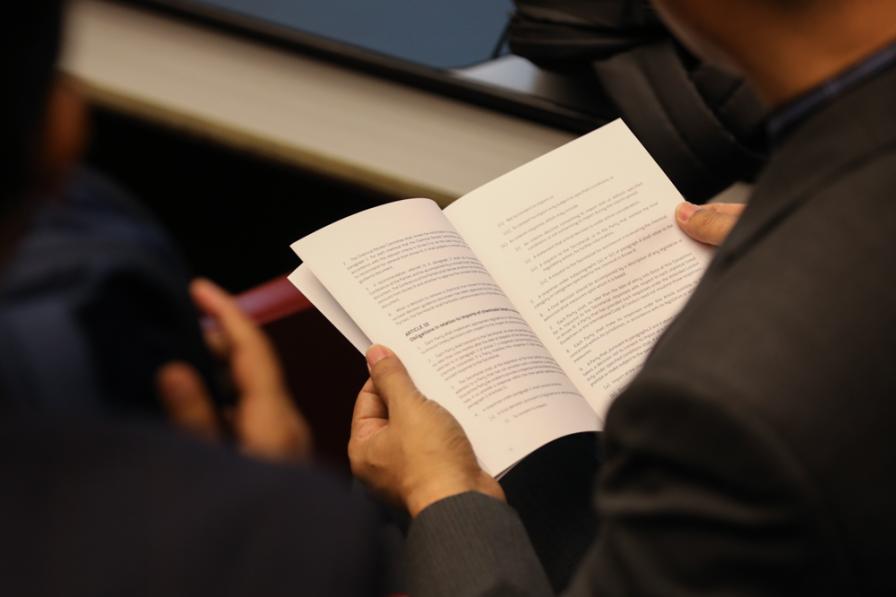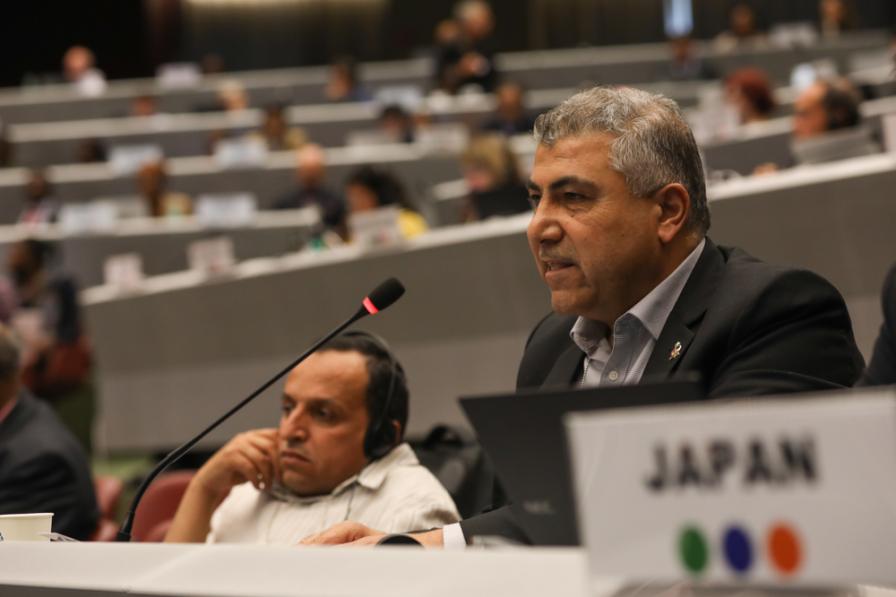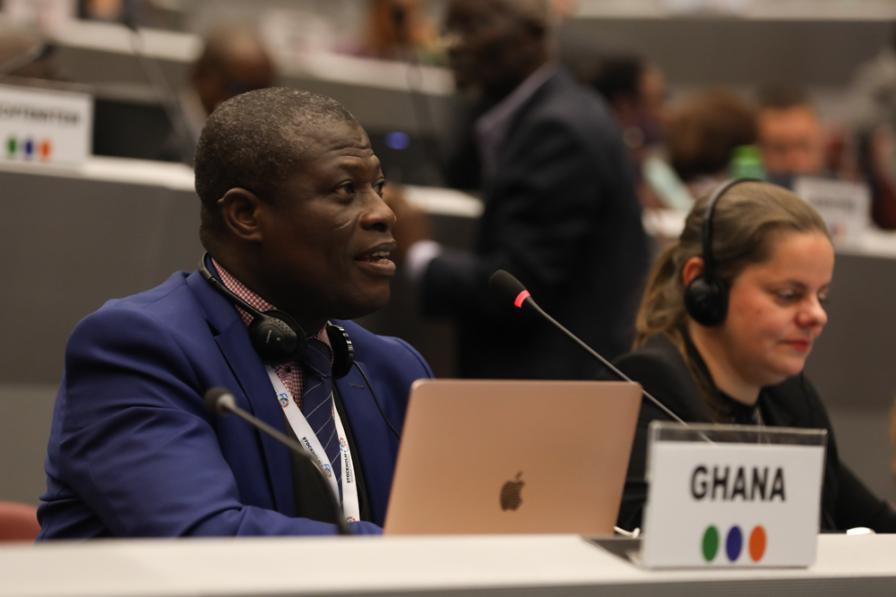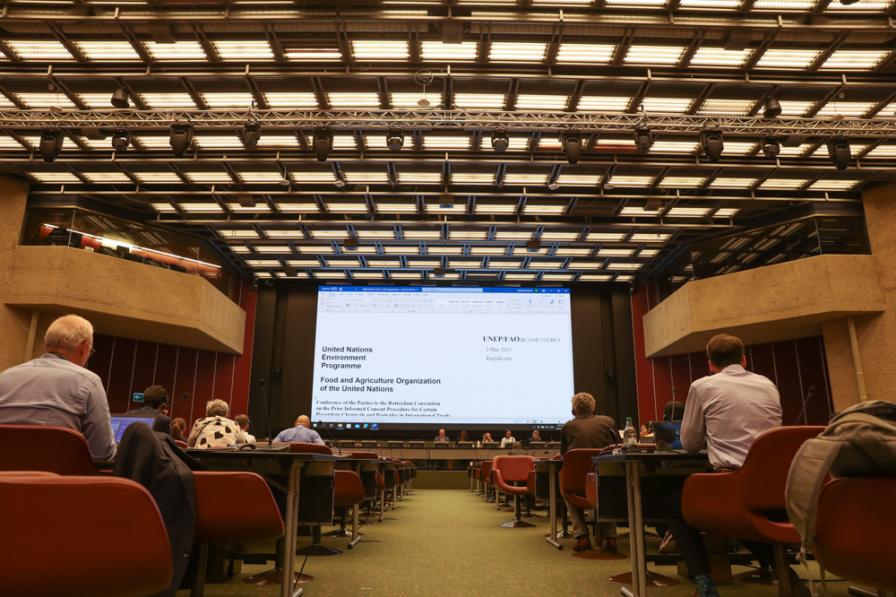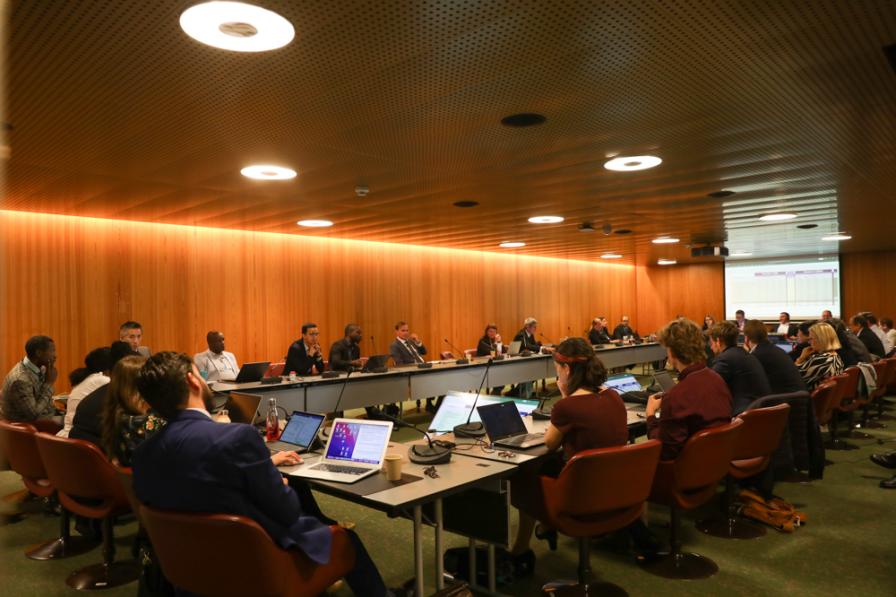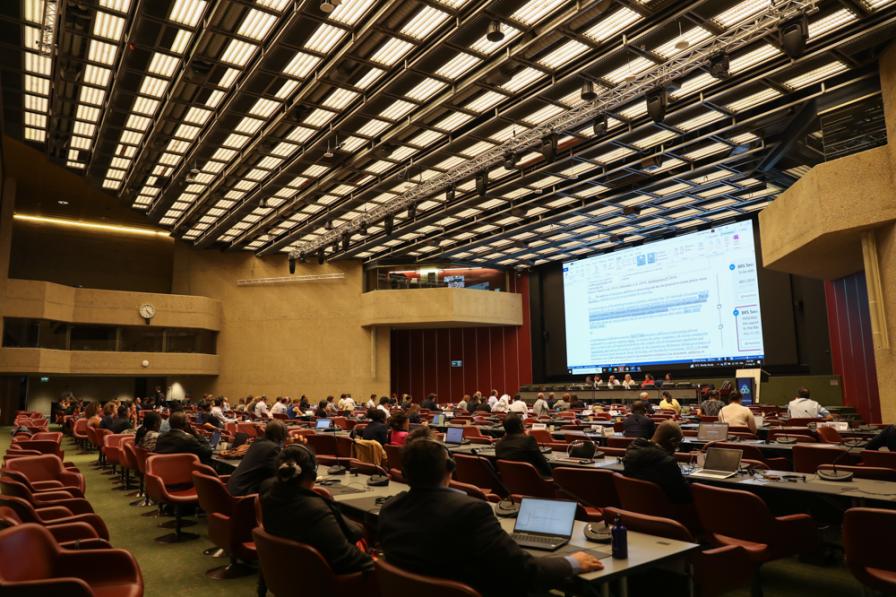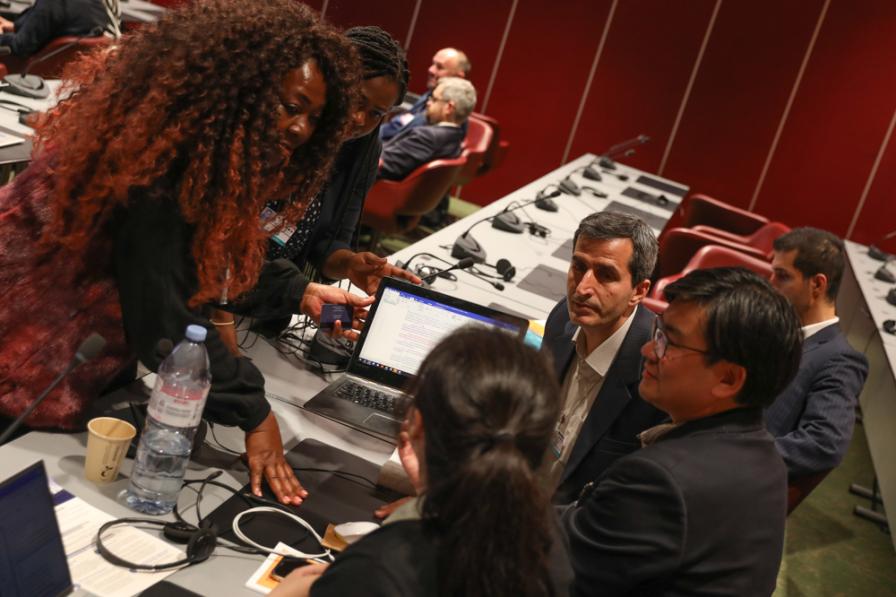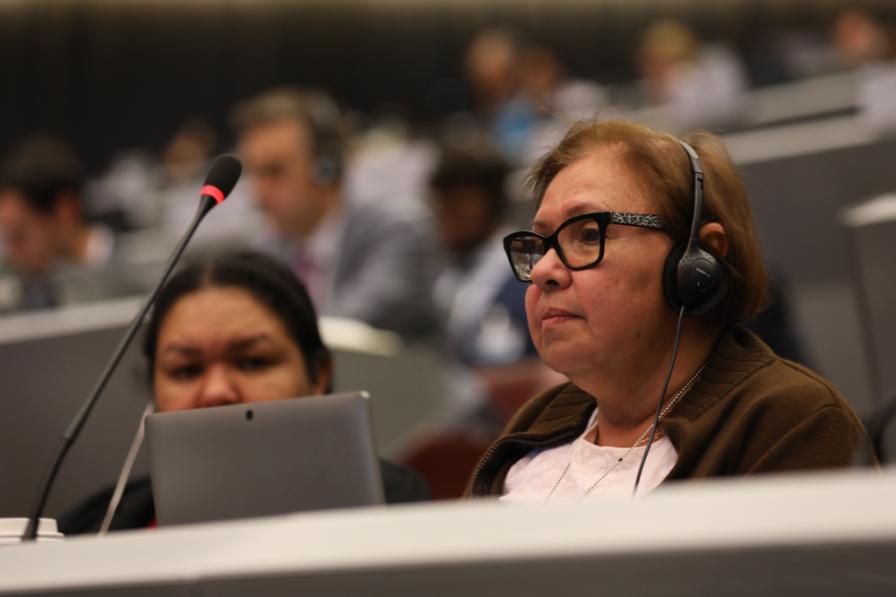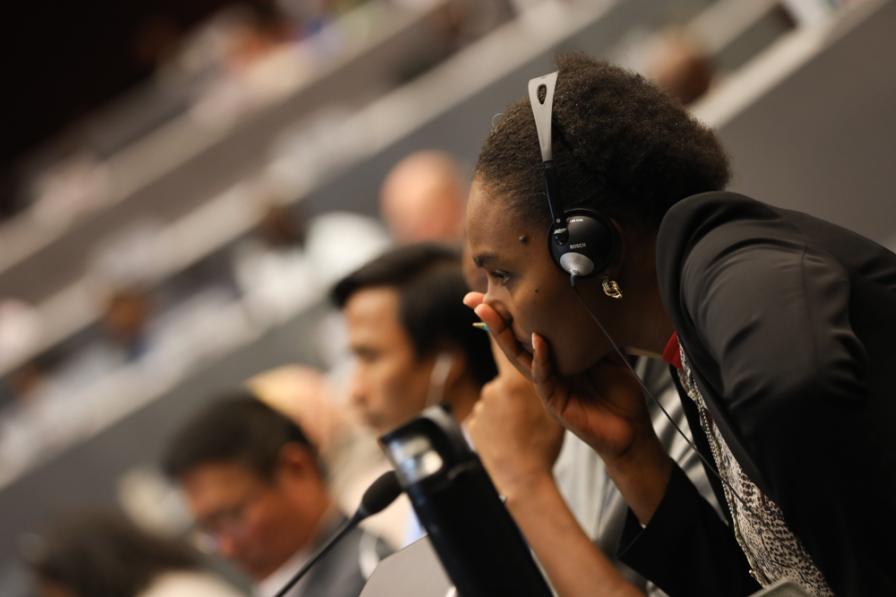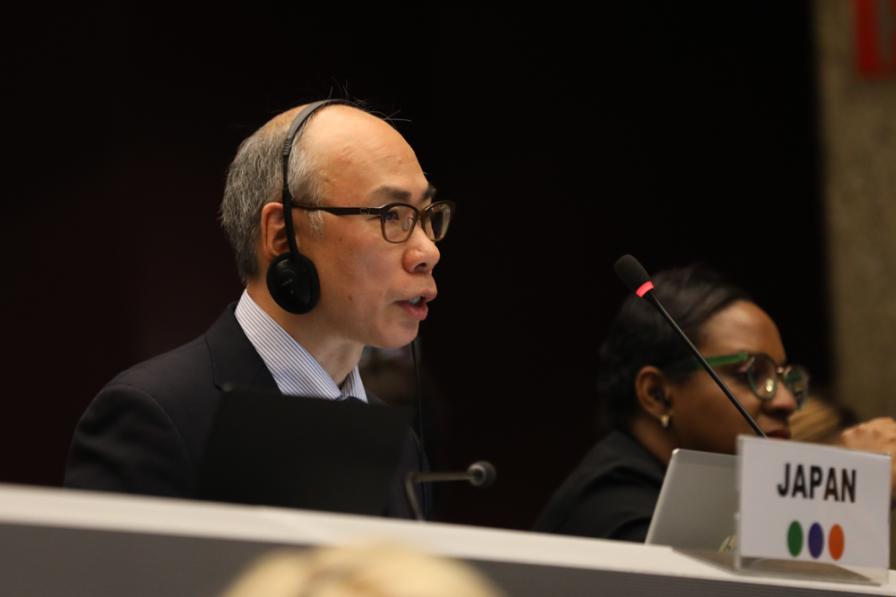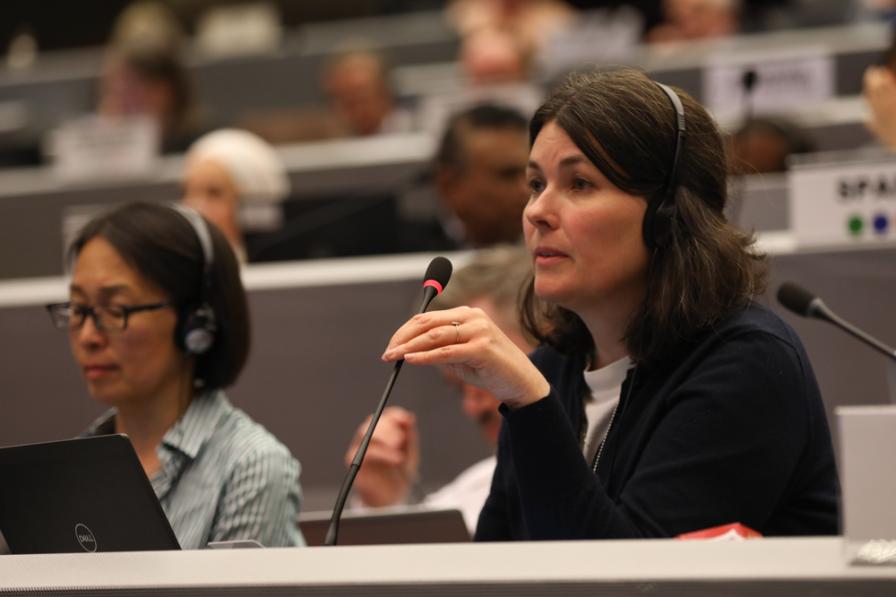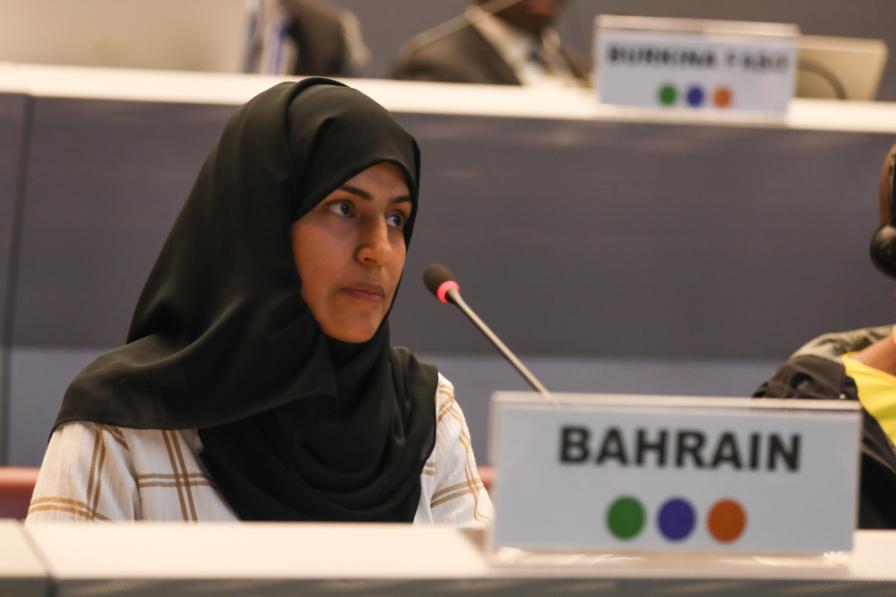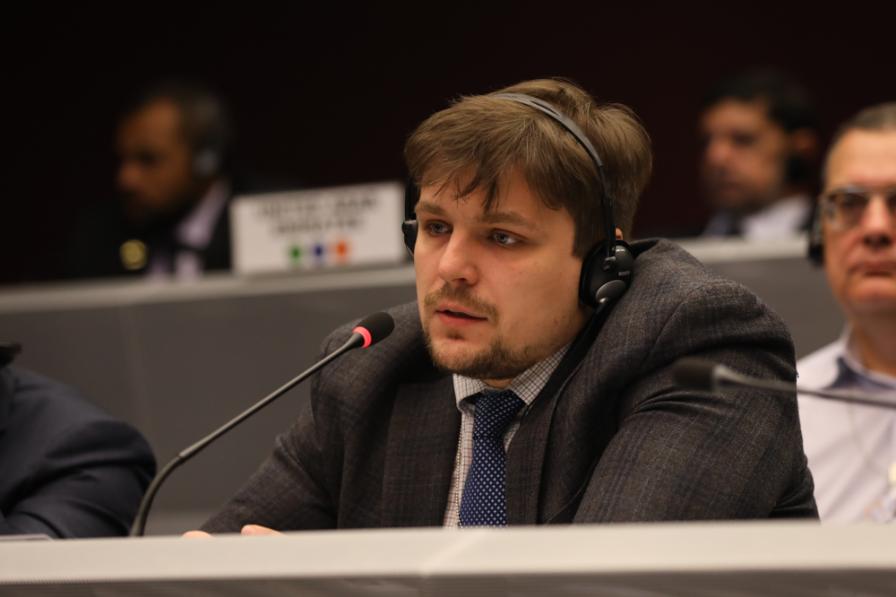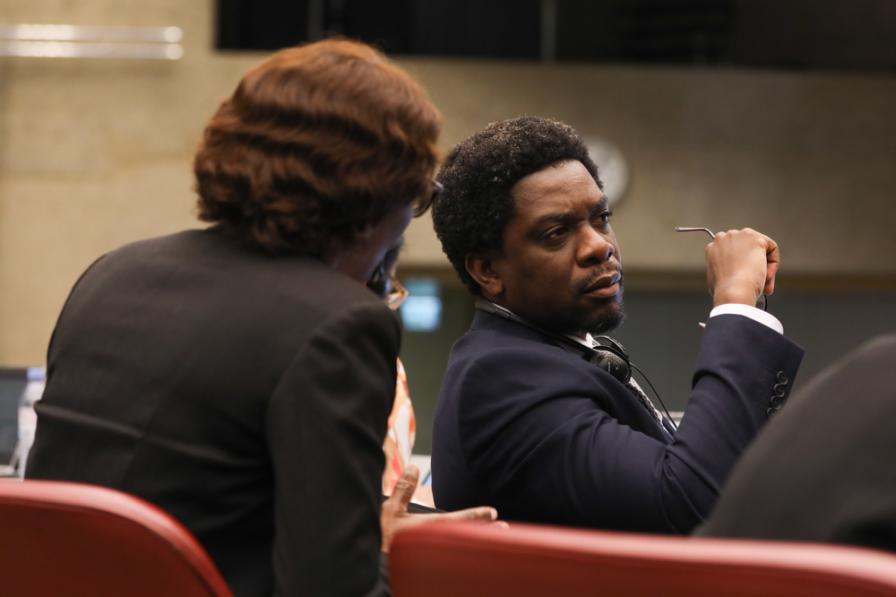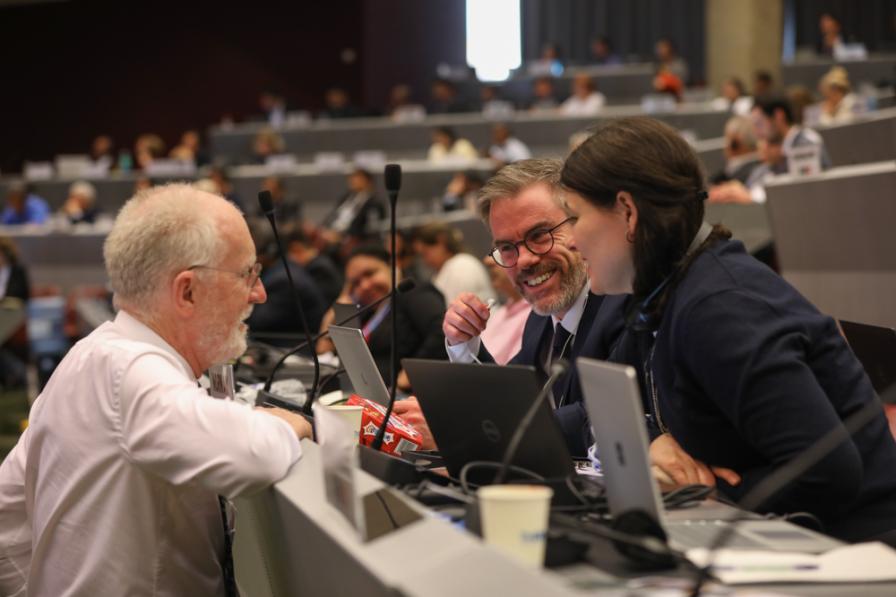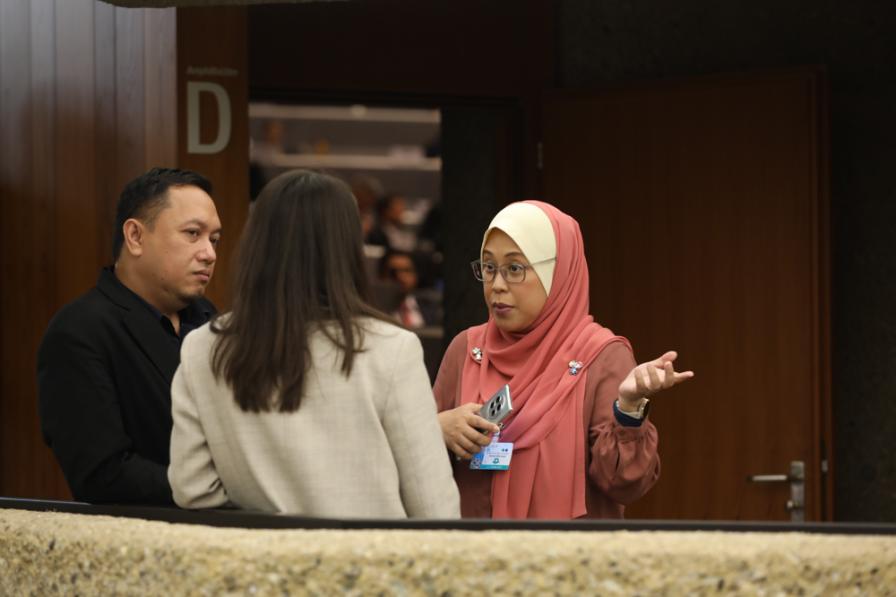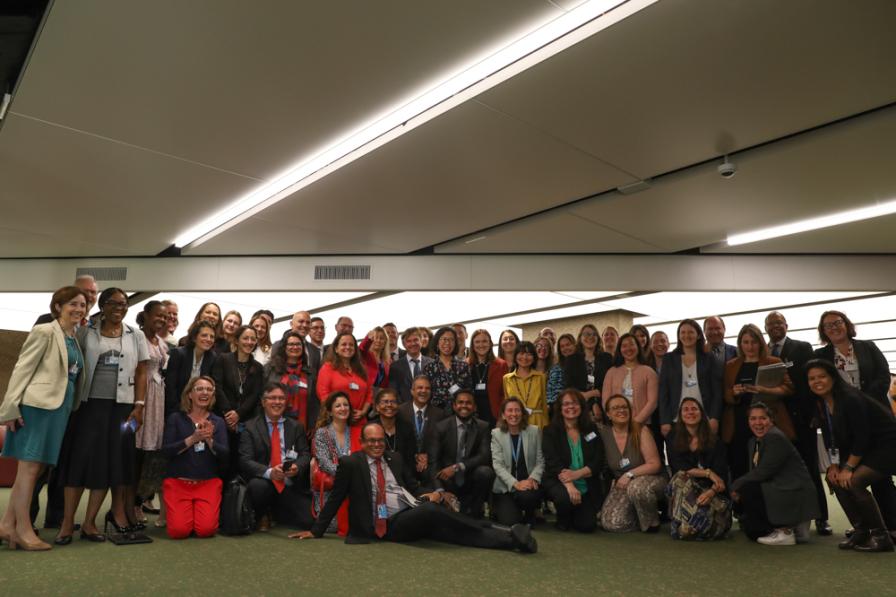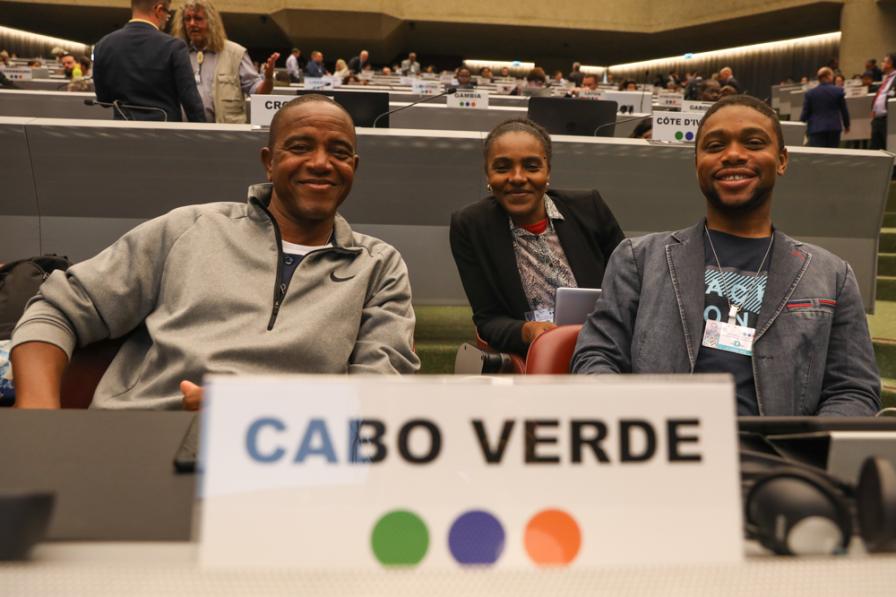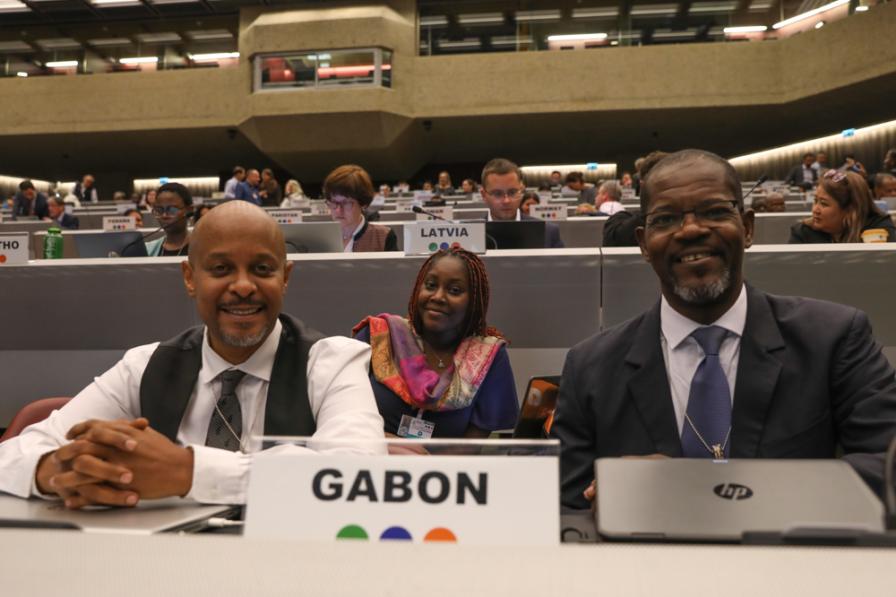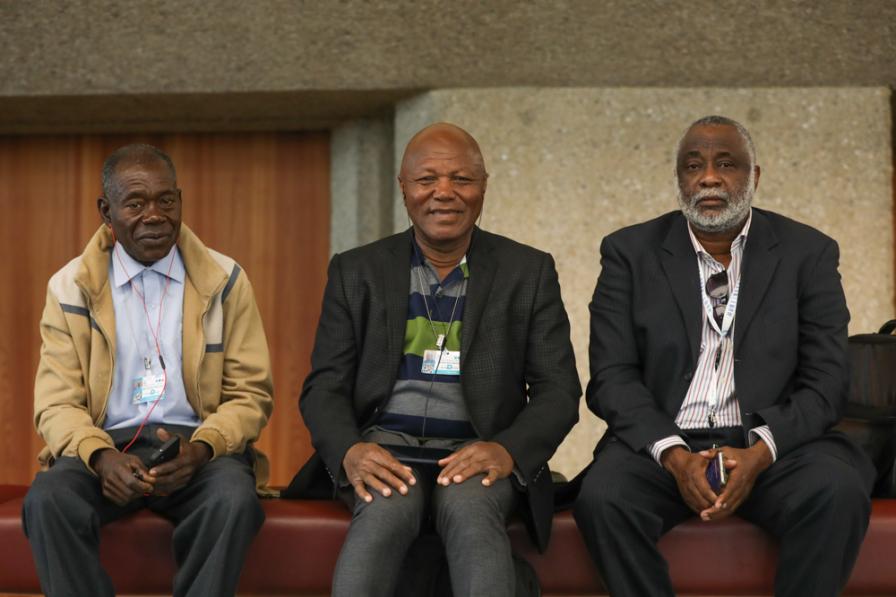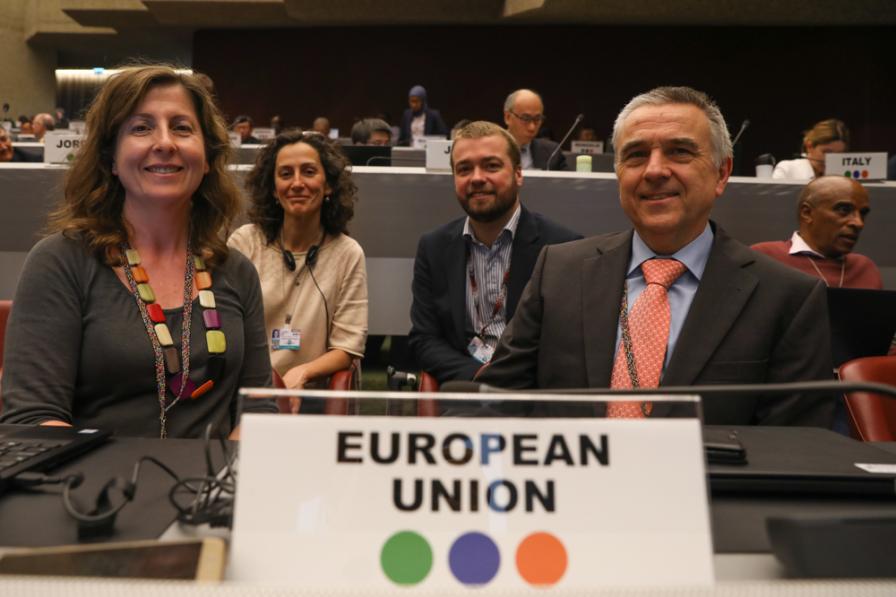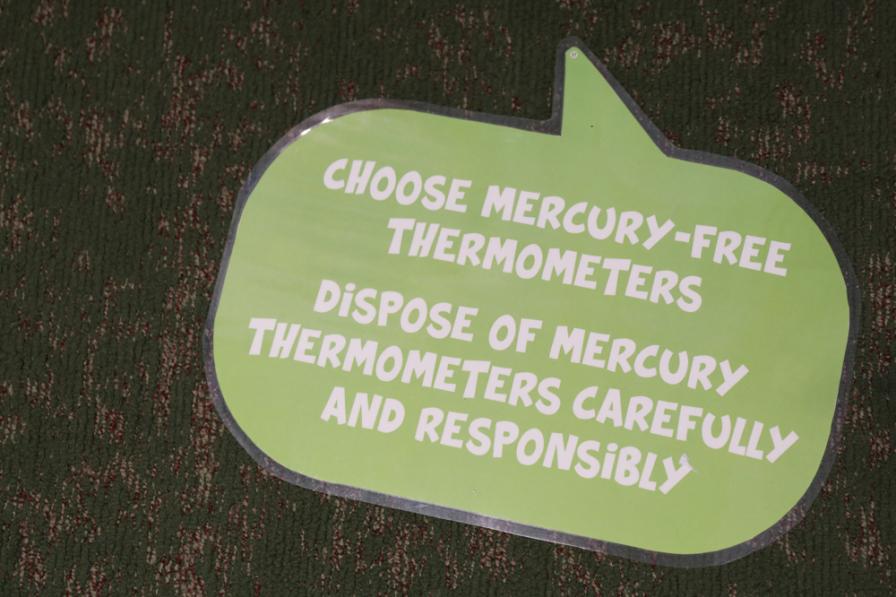It was a historic, and controversial, day at the Basel, Rotterdam, and Stockholm (BRS) TripleCOP.
Want to dig deeper? Read the full Earth Negotiations Bulletin daily report.
The Stockholm Convention adopted a compliance mechanism. While this may sound like legal jargon, it is a vital mechanism and the last outstanding piece of the Convention. It was mandated for COP1 to adopt. Since 2005, countries have been unable to agree on a mechanism that oversees and supports countries in meeting their obligations. It could provide tailored support to individual countries to help protect people and the planet from persistent organic pollutants (POPs).
The applause and positive spirit soon faded, as countries later turned to the question of enhancing the Rotterdam Convention’s effectiveness.
Fourteen countries brought forward a revised proposal to amend the Convention. It will add a new Annex for chemicals that are recommended for listing in the Convention, but on which parties cannot agree. Parties will be welcome to join the new Annex, and listing decisions will strive for consensus, but could be taken by a 3/4 majority vote.
After a very long discussion in plenary, it was clear countries did not agree. The majority spoke in favor of the proposal. Some were against it. With arguments on both sides, and pleas for further time, the plenary was suspended to allow for informal consultations. Countries left plenary considering a range of options for how to take this issue forward.
Delegates in the Basel Convention technical matters group struggled to reach an agreement. There was little progress on the section on chemical recycling. Some floated the idea of a provisional adoption of the guidelines, which was previously done for e-waste.
Side Events
Side events featured national experiences, to help share lessons learned and challenges. Italy served as a case study for mainstreaming biodiversity and sound pesticide management in agriculture. China shared its experience in reducing hazardous pesticides and packaging waste.
There was a broader discussion on the Strategic Approach to International Chemicals Management (SAICM) Beyond 2020, multilateral environmental agreements, and the science-policy panel, looking towards a comprehensive framework on chemicals and wastes. The last event of the day focused on the gendered dimensions of chemicals and wastes policies.
All ENB photos are free to use with attribution. For the 2023 BRS COPs, please use: Photo by IISD/ENB | Kiara Worth.
To receive free coverage of global environmental events delivered to your inbox, subscribe to the ENB Update newsletter.

